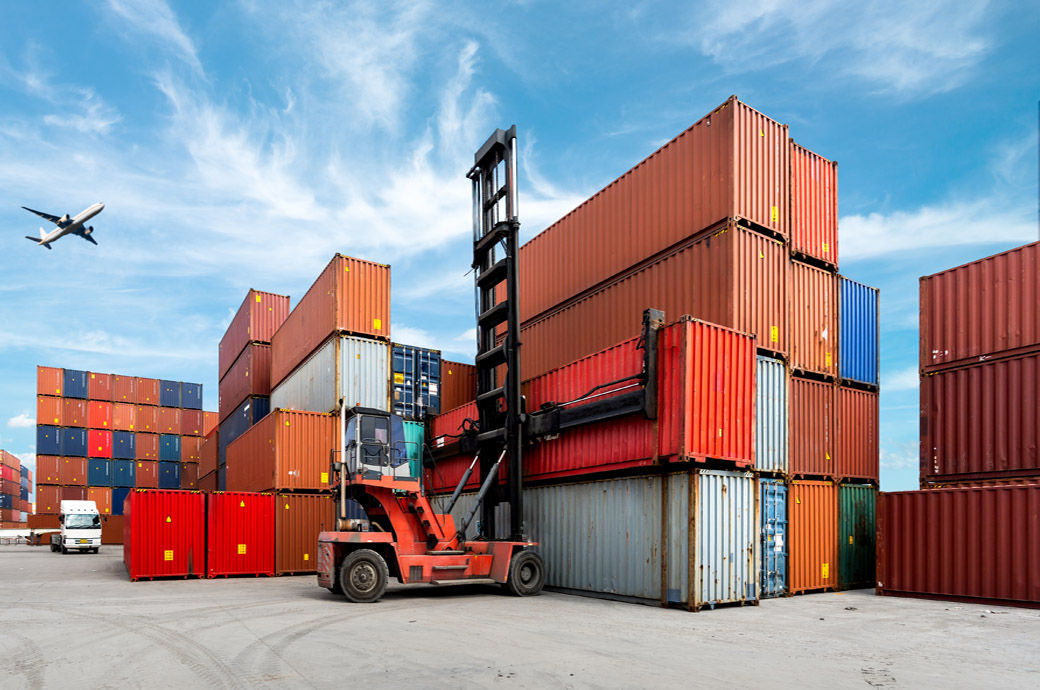
Kabir Ahmed, president of the Bangladesh Freight Forwarders Association, presented this proposition during a recent pre-budget meeting in capital Dhaka.
The rationale behind this initiative stems from the necessity to align with global standards of freight forwarding practices.
Ahmed underscored the need for transparency in Bangladesh’s freight handling processes, citing that the country currently manages only about 10 per cent of the global workload due to inefficiencies in documentation and operational practices.
He highlighted the contrast between established international procedures, where forwarders oversee consignments under their care, and Bangladesh’s reliance solely on paperwork.
Proposing a bonded warehouse facility, the president of the Bangladesh Freight Forwarders Association asserted that it would empower freight forwarders to assume full responsibility for imported containers post-customs clearance, adhering to prescribed regulations.
This move aims to streamline operations and enhance efficiency in the logistics chain.
In parallel, the Bangladesh Shipping Agents Association voiced concerns about the protracted delay in issuing new licenses within the sector.
Syed Mohammad Arif, the association’s president, lamented the stagnation in licensing despite their pivotal role in facilitating 90 per cent of the country’s import and export activities.
He emphasised the importance of granting new licenses to expand the sector, which would consequently bolster government revenue streams.
Arif also advocated for the adoption of online submission procedures for customs documentation upon consignment arrival at ports, advocating for a shift away from the current manual system.
This transition towards digitalisation promises to speed up processes, reduce paperwork burdens, and enhance overall operational efficiency, he felt.
ALCHEMPro News Desk (DR)
Receive daily prices and market insights straight to your inbox. Subscribe to AlchemPro Weekly!